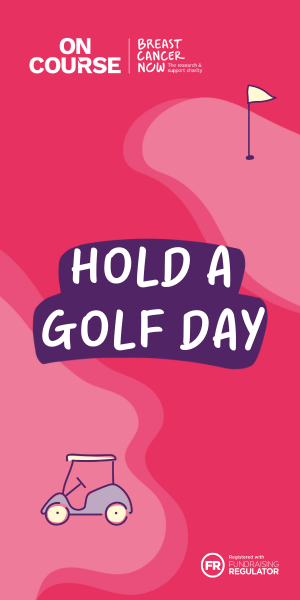According to a recent study, 80% of women feel unprepared for menopause. Here are three ways golf can help.
From anxiety and difficulty sleeping to forgetfulness and skin changes; menopause impacts every area of a woman’s life.
And despite being something that approximately half the population will go through at some point, it remains a topic that no one really talks about.
It’s no surprise then that 80% of women feel unprepared for menopause, and more than 50% are fearful of what’s to come.
Menopause is a topic we’ve discussed before, and the narrative around it is starting to change.
But – as evidenced by the study – there’s still definitely nowhere near enough information available to women about what symptoms to look out for and how to alleviate them. The study, carried out on more than 2,000 women aged 18 – 74, revealed that only 17% of women said they understood how to deal with the symptoms of menopause.
So to mark World Menopause Day, we’re shining a light on some of the ways that golf can help …
Golf and menopause
As well as a plethora of mental health symptoms – anger, anxiety, loss of confidence and lower self-esteem to name just a few – menopause comes with a risk of physical conditions too.
Reduced oestrogen makes women more at risk of weakened bones and contributes to diabetes, stroke and heart disease.
Staying active is a well-documented way of improving symptoms and overall wellbeing during the menopause. And playing golf is no exception to that rule.
Golf is a great way to support women through menopause; to manage symptoms, improve health and mental wellbeing, and to increase confidence.
Here are three reasons why:
- Golf works both your muscles and cardiovascular system. That keeps your heart healthy and your bones strong, and promotes balance and flexibility.
- Spending time outdoors has been linked to lower stress and better moods.
- Golf is a great way to build social networks for support. Even if you don’t go out on the course, there will always be someone to share a wine with in the clubhouse.
Looking for more advice to manage symptoms of menopause? Lizzie Smith, a clinical hypnotherapist and hypnoanalyst, tells us how hypnotherapy can help.















